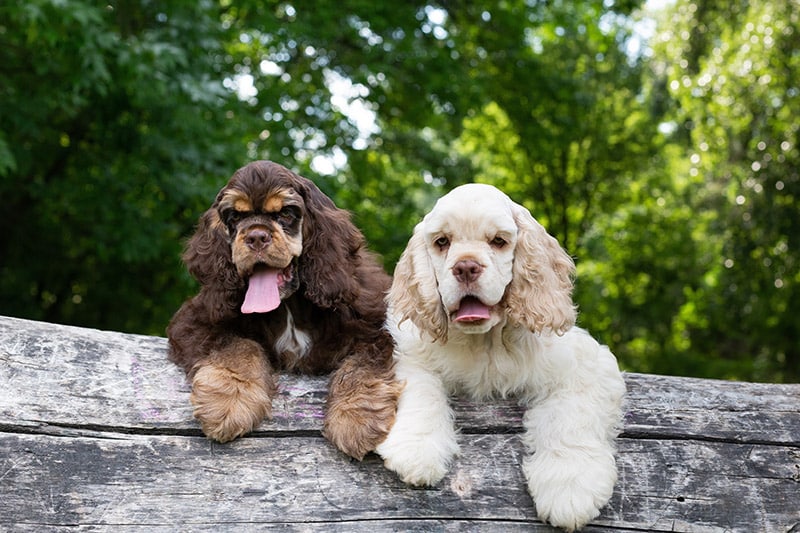
What are the Key Akita Dog Breed Characteristics & Care?
Share
The Akita Dog Breed Characteristics & Care serve as a guide for health-conscious pet owners who are keen on ensuring the well-being of their canine companions. This majestic breed, renowned for its loyalty and noble appearance, has captivated the hearts of dog lovers worldwide. Lets delve deeper into understanding what makes the Akita such a unique breed and how to effectively care for them.

A Glimpse into the Akita's History
The Akita breed originated in Japan and is deeply rooted in history. Initially bred for hunting and guarding, these dogs were treasured by Japanese nobility. Their courageous nature and strong instincts made them excellent companions, frequently seen as symbols of good health and long life, evidenced by the famous Hachiko story, the dog known for its unwavering loyalty.
Health-conscious pet owners must keep in mind that the Akita is a powerful and dignified breed that requires extensive training and socialization during their early years. A well-socialized Akita can be a loving member of the family.

Physical Characteristics of the Akita
The physical build of an Akita is nothing short of impressive. They boast a solid, muscular frame, which contributes to their strength and agility. Adult Akitas typically weigh between 70 to 130 pounds and stand 24 to 28 inches tall at the shoulder, making them one of the larger dog breeds.
Additionally, their dense double coat can come in a variety of colors, including white, brindle, and pinto. Understanding these features is crucial for health-conscious pet owners, as the breed's unique coat requires appropriate grooming routines to maintain its health. Regular brushing can help prevent matting and manage shedding.

Temperament of the Akita
The Akita's temperament is a vital consideration for health-conscious pet owners. Known for being independent and strong-willed, Akitas can be aloof towards strangers but are deeply loyal and protective of their family. Socialization is crucial for Akitas, allowing them to learn appropriate behaviors and develop a balanced temperament.
Households with children can thrive with an Akita, provided that the dog is raised properly and interactions are supervised. They can bond well with family members but require early socialization to ensure positive interactions with children and other pets.

Essential Care Factors for Akitas
Caring for an Akita requires dedication and knowledge of their specific needs. Here are some essential aspects of their care you should consider:
1. Nutrition
The diet of an Akita should be balanced, incorporating high-quality protein sources and appropriate fats. Due to their size, it's essential to offer dog food that meets their energy requirements. You can learn more about the protein content in dog food to ensure your Akita remains fit and healthy.
2. Exercise
Regular exercise is vital for maintaining an Akita's physical and mental health. A daily walk of at least an hour, along with playtime in a secure yard, will help keep your dog active and engaged. Mindful of their independent nature, health-conscious pet owners should incorporate various activities to prevent boredom and promote well-being.
3. Grooming
The Akita's double coat requires regular grooming. During shedding seasons, brushing several times a week is advisable to manage loose hair and prevent matting. Bathing should be done as needed, using a dog-friendly shampoo that maintains coat health.
4. Veterinary Care
Routine veterinary check-ups and vaccinations are essential for maintaining your Akita's health. Regular dental care is also crucial, as dental issues are common in the breed. For tips on caring for your dog's dental health, check out dog dental care.
Common Health Concerns
Health-conscious pet owners should be aware of specific health issues that may affect the Akita breed. Some common conditions include:
- Hip Dysplasia: A genetic condition that can lead to arthritis.
- Autoimmune Disorders: Akitas are prone to certain autoimmune diseases.
- Thyroid Issues: Hypothyroidism is common in this breed and can affect overall health.
Training Your Akita
Proper training is a cornerstone of having a well-adjusted Akita. These dogs respond best to positive reinforcement training methods. Early socialization and obedience training are crucial in fostering good behavior and ensuring a healthy relationship between your Akita and family members.
Health-conscious owners should consider enrolling their Akita in puppy kindergarten classes or engaging a professional trainer who understands the temperamental nuances of the breed.
Living with an Akita
Owning an Akita can be a rewarding experience, but it requires the commitment of a dedicated owner. They thrive in a home where they receive love, attention, and structure. These dogs often bond strongly with their family and can become protective of their home. Thus, it's essential to socialize them effectively.
As a powerful breed, an Akita requires a secure living environment. Potential owners should ensure their home is puppy-proofed and that they have a strong fence to keep the dog safe.
Conclusion
The Akita Dog Breed Characteristics & Care reveal that while this breed can pose challenges, the reward of their loyalty and companionship is immeasurable. By understanding their unique traits and adhering to their care requirements, health-conscious pet owners will find success in nurturing a healthy and well-adjusted Akita.
FAQs
1. How long do Akitas typically live?
On average, Akitas have a lifespan of 10 to 15 years, depending on health, genetics, and care.
2. Are Akitas good with children?
Yes, with proper socialization, Akitas can be excellent companions for children.
3. Do Akitas require a lot of exercise?
Yes, Akitas require significant daily exercise to maintain their health and prevent boredom.
As an Amazon Associate, I earn from qualifying purchases.
